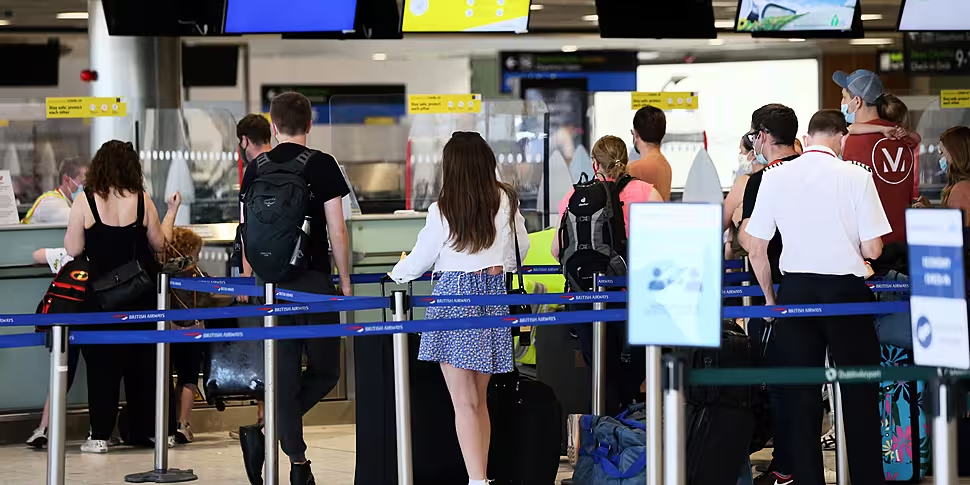Health officials nationwide and across the world have been expressing concern over the emerging variant.
But what does it mean? And how serious is it?
The variant which scientists are calling "B.1.1.529" is believed to have originated in Southern Africa - where most of its cases have been identified. However, it has been found in parts of Asia such as Hong Kong.
As of this morning:
Confirmed cases of new coronavirus variant B.1.1.529:
- South Africa: 77
- Botswana: 4
- Hong Kong: 2
- Israel: 1
The UK is taking it seriously, as they have already added all of the southern African region to their Red List.
Following that it is expected that the EU will do the same and stop all travel from the region.
Here in Ireland, the Department of Health has said it is "deeply concerned" about the variant.
Experts say the new strain is ‘the worst we've seen so far' with 32 mutations – a number of which could make the virus resistant to currently available vaccines and natural immunity.
WHO’s Dr Mike Ryan, yesterday, on B.1.1.529:
“This happens, viruses evolve… This is not the end of the world. The sky is not falling in. There’s this idea that we’re just waiting for the next variant and I don’t want people to spend their lives worrying about that every day.” pic.twitter.com/y7jKrH3LBM— Gavan Reilly (@gavreilly) November 26, 2021
Speaking on Newstalk Breakfast, Minister Helen McEntee said we're all still learning about this new variant.
She said: "It's only in the last few days this new variant seems to have emerged.
"While we're still learning about it, the early indications would show this is potentially more transmissible and potentially more able to evade the vaccination.
Dr @mvankerkhove gives an update on #COVID19 virus variant B.1.1.529, during the #AskWHO session on 25 November 2021 ⬇️ pic.twitter.com/ZpflfEYzW9
— World Health Organization (WHO) (@WHO) November 25, 2021












